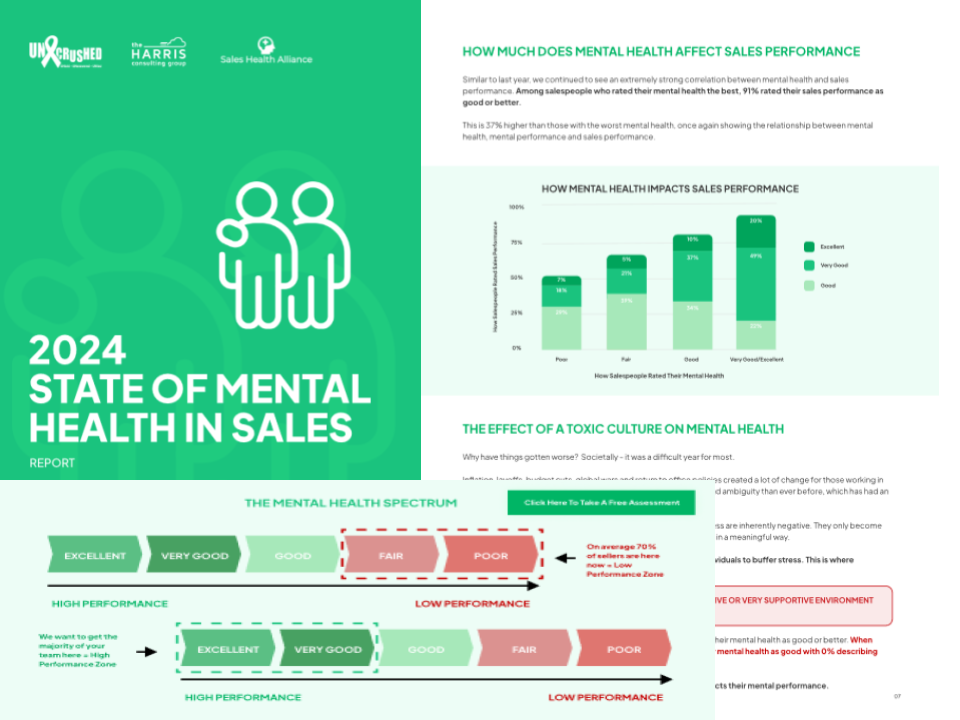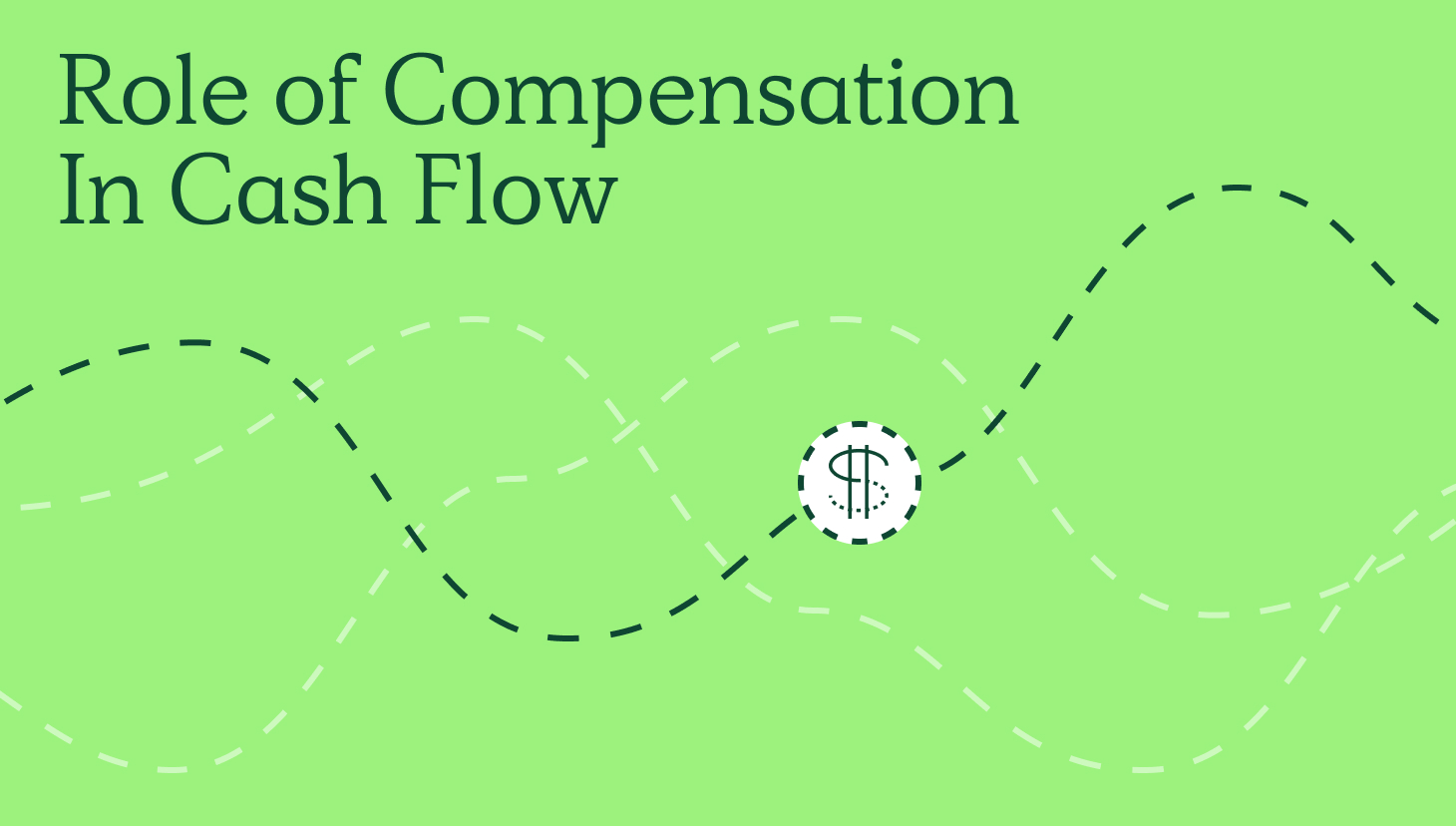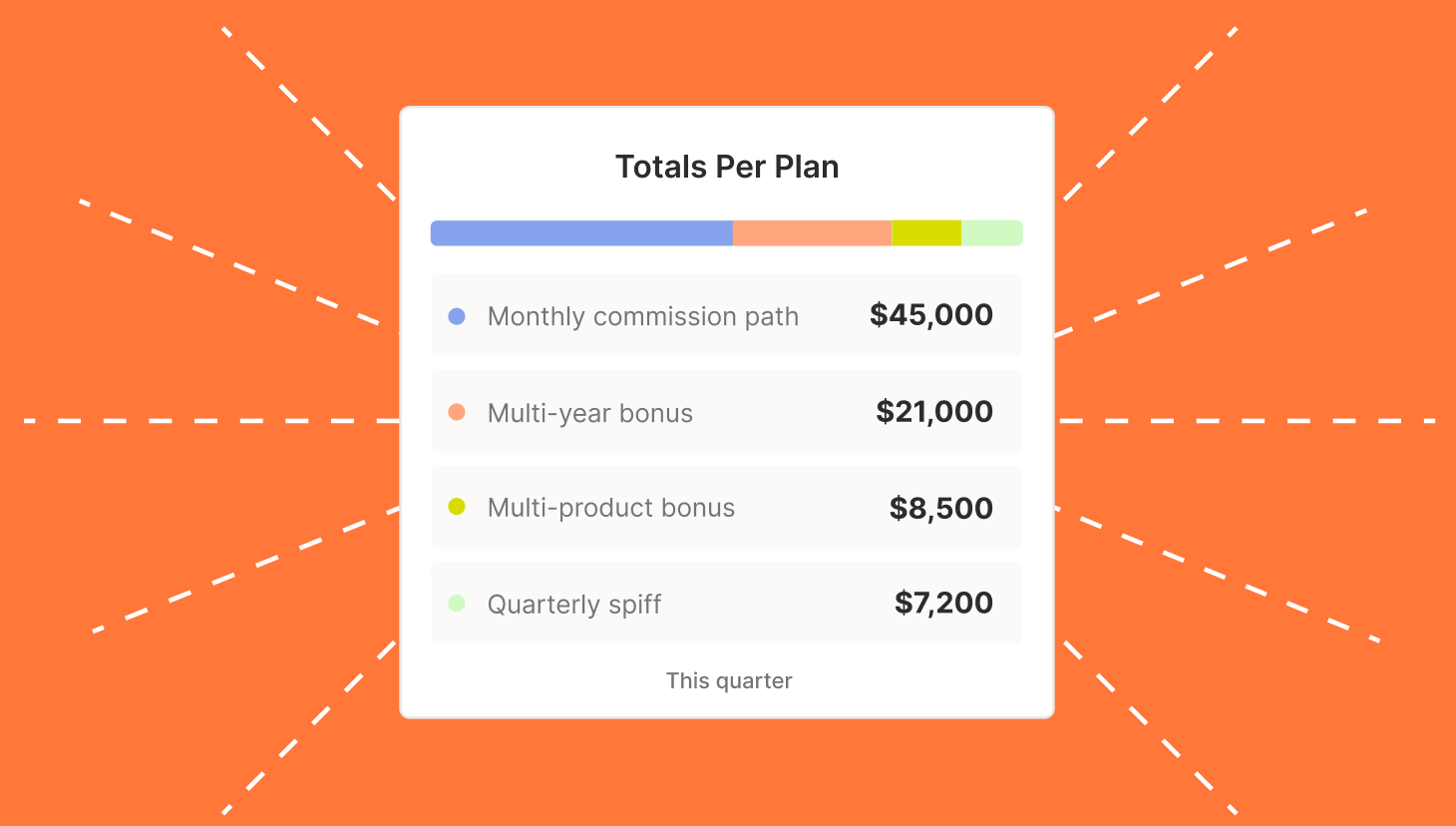Mental health struggles among salespeople are on the rise. The State of Mental Health in Sales reports revealed that 43% of sellers struggled in 2019, 58% in 2021, and 70% of sellers suffered from mental health issues in 2023.
We wanted to learn more about these mental health struggles, specifically what’s behind the psychology of sales.
To help, we interviewed Jeff Riseley, Founder of Sales Health Alliance, a team dedicated to supporting sellers with mindset, mental health, resilience, and stress-management support.
“If you think about what you need to buffer stress as a sales leader, there are two buckets to focus on,” Jeff said. “The first is creating a safe environment. How do you build and create a safe internal environment for your team? Do you have it as a leader? The second, does everyone on your team have an individual toolkit to develop good habits to build a resilient mindset?”
“You need both to perform better,” Jeff said.
Below, we’ll explore both of those. But first, let’s learn more about our featured expert.
The State of Mental Health in Sales
- 43% of sellers struggled in 2019
- 58% in 2021
- 70% of sellers suffered from mental health issues in 2023
Introducing Jeff Riseley
Jeff started in sales 15 years ago as a top performer in a role where he watched his colleagues be immediately terminated for missing their metrics.
Despite his position atop the leaderboards, behind the scenes, Jeff dealt with anxiety, insomnia, and panic attacks. When he landed in the hospital with his third panic attack, Jeff focused on uncovering coping mechanisms to buffer stress and manage the ups and downs of sales.
He advanced to sales leadership roles at different startups. Then in July 2018, he hit a turning point when he was diagnosed with testicular cancer.
This marked a pivotal moment in his life and career and acted as a true test to utilize the tools he learned to manage his anxiety and stress.
“Everyone in sales talks about how stressful and high-pressure it is,” Jeff said. “But for whatever reason, we don’t talk about the mental performance side of things and what we can do to keep ourselves healthy.”
Streamline commissions for your RevOps, Finance, and Sales teams
Design, track, and manage variable incentives with QuotaPath. Give your RevOps, finance, and sales teams transparency into sales compensation.
Talk to SalesThis inspired Jeff to start sharing content, his story, and practices that have helped him. He began on Linkedin, which evolved into a blog, speaking engagements, and coaching and training.
Since then, Jeff has helped over 10,000 sellers adjust their mindset, mental performance, and stress management through his company, Sales Health Alliance.
Today, he focuses on helping top performers with mindset and stress management through his mental performance community, Project Mamba.
Our conversation with Jeff highlighted this rapidly growing mental health crisis in sales, issues that are making it worse, and what sales leaders can do to help their team overcome mental health struggles.
We learned that extrinsic motivators, such as quotas, targets, and incentives — historically designed to drive desired sales behaviors — can backfire.
According to Jeff, the negative consequences of focusing too heavily on extrinsic motivators tend to squash salespeople’s intrinsic motivation and mental well-being. This is a significant reason why your team misses quota.
About Project Mamba
Project Mamba (name inspired by Kobe Bryant) is a community dedicated to supporting sellers struggling with high pressure by helping them understand how to optimize their mental performance.
As part of the program, Jeff shares three microlearnings a week related to mental performance in Slack and over weekly community calls.
Jeff also layered KobeAI into Project Mamba, an AI model based on the content Jeff created, including his published book, Stress Less Sell More.
“Anytime a seller is working remotely or alone, and something happens, they can ask KobeAI to support them on the fly.”
The Growing Mental Health Crisis in Sales
With external factors like layoffs, market uncertainty, ambiguity at work, and a recession, it’s little wonder that mental health struggles are on the rise.
When the first State of Mental Health in Sales report ran in 2019, 43% of sellers were struggling with their mental health. In 2021 that number rose to 58%, in 2022 63%, and the latest report shows that 70% of sellers are now struggling with mental health issues.
“There’s this massive trend in the wrong direction,” Jeff said.
The most frustrating thing is that sales leadership isn’t taking responsibility for addressing this trend.
Instead, they’re blaming external factors like COVID or remote work.
During COVID executives recognized that their team was struggling and addressed the problem by providing support. However, “since May of 2022, the B2B investment into these types of initiatives has switched off like a tap,” said Jeff.
And while sales leadership acknowledges the stress and burnout present on their teams, they often fail to take accountability as a core part of the problem, Jeff said.
For instance, Jeff found that leadership blamed remote work last year and invested their efforts in getting everyone back to the office — foregoing mental health, which is the root cause.
But to address mental health, it’s important first to understand what motivates people.
Intrinsic Motivation‘s Role in the Psychology of Sales
“Intrinsic motivation is so important for buffering stress. It’s a piece of armor you can put on to stay motivated in sales,” said Jeff.
Defined, intrinsic motivation is when we connect emotionally to our work, believe we’re making a difference, and feel proud. This form of motivation is essential to help sellers curb stress when they face roadblocks and adversity.
Being intrinsically motivated drives success and resilience in sales. It allows reps to keep going, push through, and remain persistent when deals fall through or the market changes.
Almost every rep starts intrinsically motivated when they begin a new job.
When people start a new job, they’re excited to work at the company. They are intrinsically motivated to be there, to impress people, and to make a difference.
Over time, however, they begin to lose that connection to their job.
Sales leaders pick up on this.
The best ones look into what transpired or what’s changed between the rep’s first day and current day.
“Leaders should be asking, ‘Why isn’t my rep motivated in the first place,’ since humans are naturally motivated to grow and develop. What’s blocking that now?” Jeff said.
What actually ends up happening, though, is that most sales leaders tend to over-prioritize “How do I motivate my team?” which leads them toward incentives, rewards, and extrinsic motivators.
Now, they’ve backfilled the now vacant intrinsic motivators with extrinsic motivators, which often backfire and reduce intrinsic motivation even further.
Extrinsic Motivators and Traditional Sales Management
Now, let’s explore extrinsic motivators, which fall more in line with traditional management.
Extrinsic motivators are external rewards or punishments that drive someone to take action, like quotas and incentives.
“I think a lot of people misuse incentive plans,” Jeff said. “A rep hits quota, then it’s the norm at the beginning of every month to reset them back to zero? To erase all the progress from their perspective is totally nonsensical.”
Instead, Jeff suggests a more effective approach by keeping lifetime revenue visible when resetting the quota to zero.
“If you leave lifetime revenue visible, and a rep that closed $2 million over the past year only closes 60% this month or quarter, then both the rep and the leader can see that this period is just a minor setback,” said Jeff.
But that’s not usually how go-to-market teams approach quotas. Instead, they favor resetting to zero, which Jeff classified as fear-based management.
“There’s a really good book written by Amy Edmondson, who is sort of the pioneer for psychological safety,” Jeff said. “In the book, she essentially identifies that fear-based management started in the early 1900s.”
Amy references how Ford, the biggest company at the time, used fear management techniques (to great success) over workers on the assembly line.
“Using fear or rewards when the task is monotonous with low complexity work extremely well,” said Jeff.
However, fear-management tactics work less effectively for high-complexity tasks like selling.
“The part of our brain responsible for empathy, creative thinking, problem solving, which manages more complex thinking, goes offline when we feel unsafe, and when we’re operating in a state of distress,” Jeff said.
The Mental Performance Gap
Jeff has a thought experiment he likes to run. He asks sales leaders and executives their perspectives on two questions:
The first question: Of all the mistakes made by a typical seller, what percentage of them are mental mistakes due to lack of confidence, lack of sleep, or feeling stressed?
Although there’s no specific “right” answer, according to Jeff, most people typically say 80 to 100%.
The second question: Of all the training and coaching that a company provides to its sales team, what percentage is spent on mindset, stress management, and mental health training?
Jeff indicated that it’s 0 to 5% and then said, “What leaders and sales organizations are getting completely wrong is to build a high-performing team. You have to craft your mind and body to keep your brain healthy. We’ve seen 95% of organizations invest 100% of their time on the craft and overlook the mental game.”
Leadership’s Role & Mental Fitness
Senior leaders are also struggling with their mental health.
In fact, according to Jeff’s research, frontline managers are struggling the most.
“If you think about this from a purely physiological standpoint, and the changes that happen in your body when stress starts to become unmanageable, this makes sense,” Jeff said.
You shut down.
You point to other things as the problem versus being willing to look internally, which clouds the path right in front of you.
To further exacerbate the situation, the blame game continues to worsen.
For instance, Jeff recently had a frontline manager who wanted to invest in mental health support for their team.
“The response that she got from her director was, ‘We can’t invest in this because we can’t admit that our team is burnt out. We can’t give Project Mamba as an excuse for people to go on stress leave and to take mental health leave.’”
Wow. Take that in.
“It’s a complex problem that I’ve been trying to solve for five years,” said Jeff. “But it’s getting a little better.
1. Create an environment that gives your reps autonomy and control
2. Set achievable sales targets and goals
3. Clear Career Pathing
4. Connect their work to something meaningful
5. Foster collaboration and connection amongst their peers
6. Offer support and resources as the leader
7. Give recognition
8. Have a clear company vision
9. Be vulnerable and empower your team to be vulnerable
10. Set boundaries
10 Ways Sales Leaders Can Support Mental Fitness
So, what can you do as a leader to buck this trend?
We asked Jeff what sales leaders can immediately put in place to help support their reps from a mental health standpoint.
- Create a safe internal evironment
- Give your reps a toolkit to manage stress effectively
“These are levers that a leader and an organization can pull daily to make a difference and create this safe space where people feel like they can be their authentic selves,” said Jeff.
To create a safe environment, Jeff suggests these 10 actionable strategies:
- Create an environment that gives your reps autonomy and control
- Set achievable sales targets and goals
- Clear Career Pathing
- Connect their work to something meaningful
- Foster collaboration and connection amongst their peers
- Offer support and resources as the leader
- Give recognition
- Have a clear company vision
- Be vulnerable and empower your team to be vulnerable
- Set boundaries
Then, the toolkit should include resources and access to communities such as Project Mamba to teach reps how to develop long-term habits that strengthen mental health on a daily basis.
Provide Compensation Clarity
Learn how QuotaPath reduces rep stress by providing them a clear view into their compensation structures, past and forecasted earnings, and how each deal translates into commissions.
Talk to SalesReducing Mental Stress with Comp Plans
What’s more, leaders can reduce stressors regarding reps’ paychecks, specifically their variable pay.
“A compensation plan is one lever that a leader can lean on to reduce stressors,” Jeff said. “Having a clear understanding into their comp plan, and how they make money, is so important.”
If a comp plan is consistently changing, and the rep is in a position where they don’t know how much money they will bring home, these leads to external stressors that can creep into their day-to-day performance.
“When they start thinking about how they’ll be able to pay bills this month or take care of their family, they’re not going to sell with empathy,” said Jeff. “You end up being pushy.”
So, having clarity about where your commission check comes from is essential to this whole idea of peak mental performance and keeping reps focused on the right things, including serving the buyer.
Support Mental Fitness to Boost Sales Performance
Sales involve a multitude of external and internal stressors, including market and economic changes, micromanagement, and buyer ghostings, which constantly challenge reps’ mental health.
It requires more than sales, product training, and coaching to drive desired outcomes.
Sales leadership needs to acknowledge the continually increasing mental health struggles that are hindering performance and address them by creating a safe environment for their reps. Then, take the next step by providing salespeople access to a resource like Jeff’s Project Mamba community to help them learn how to manage their mental health more effectively.
Learn more about Jeff’s work and mental health resources for salespeople by visiting the Sales Health Alliance website.




